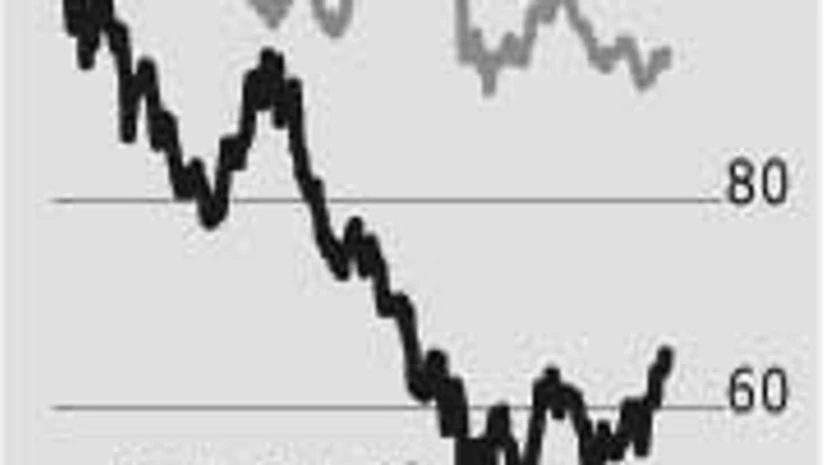Tata Steel’s plan to sell its Europe-based long products business is a positive move. Tata Steel Europe (TSE), a subsidiary, has been struggling to keep its operations profitable in the wake of economic slowdown. Weak European demand and onslaught of cheap Chinese products added to its woes. As a result, TSE reported an Ebitda (earnings before interest, tax, depreciation, and amortisation) loss in the September quarter, a first since 2013. It’s not surprising that Tata Steel’s share price surged over 2.5 per cent on Wednesday to close at Rs 263.7 after the sale-plan announcement. Tata Steel has signed a letter of intent with investment firm Greybull Capital for exclusive negotiations for potential sale of TSE’s long-products business.

While the sale will bring some relief, challenges remain for Tata Steel, both globally and locally, as realisation and demand remain weak. Share prices of steel companies have been gaining recently, but that’s because the government is likely to impose a minimum import price, to curb cheap imports. Such measures will bring temporary relief. Analysts at Deutsche Bank say despite the imposition of 20 per cent provisional safeguard duty on hot rolled coils (HRC) in September, domestic HRC prices are still lower than levels before the safeguard duty announcement. Further, falling iron-ore prices will continue to pressure steel prices, which means Chinese export prices can decline further.
Analysts at Goldman Sachs believe imposition of the safeguard duty on value-added flat products and wire rods and plugging the above gaps would be positive for steel companies. They estimate a 20 per cent safeguard duty on value-added flats and wire rods could lead to 22 per cent and nine per cent impact on FY17 Ebitda for JSW Steel and Tata Steel, respectively.

)
